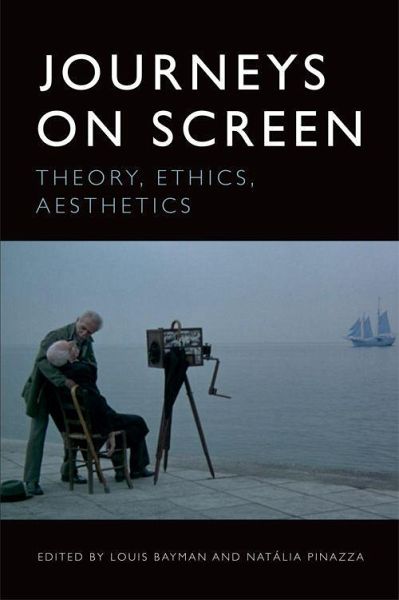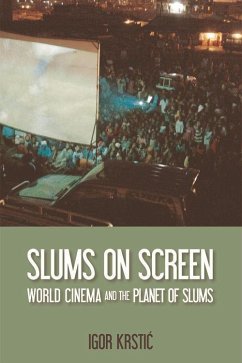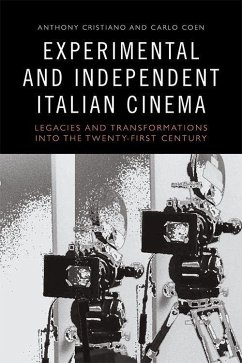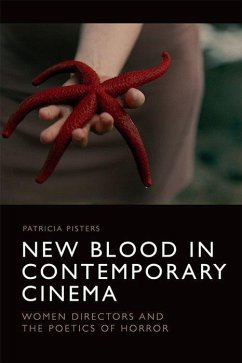
Broschiertes Buch
Journeys on Screen
Theory, Ethics, Aesthetics
Herausgeber: Bayman, Louis; Pinazza, Natália
Versandkostenfrei!
Versandfertig in über 4 Wochen

PAYBACK Punkte
19 °P sammeln!




Addressing the appeal of the journey narrative from pre-cinema to new media and through documentary, fiction and the spaces between, this collection reveals the journey to be a persistent presence across cinema and in cultural modernity.
Louis Bayman is a lecturer in Film Studies at the University of Southampton. He holds a PhD from King's College, London and has published various articles on popular genres especially in relation to Italian cinema, serial killer cinema, film aesthetics and retro and nostalgia. He is author of the monograph The Operatic and the Everyday in Postwar Italian Film Melodrama (2014) and co-editor of the collection Popular Italian Cinema. Natália Pinazza is a lecturer in Portuguese Studies at the University of Exeter. She holds a PhD and MA from University of Bath and a BA from University of São Paulo. She undertook a UNESCO fellowship at the University of Ottawa, Canada. Pinazza's previous publications include New Approaches to Lusophone Culture, Journeys in Argentine and Brazilian Cinema: Road Films in a Global Era, World Cinema Directory: Brazil, and World Film Locations: São Paulo. She has published in journals such as the Journal of Latin American Cultural Studies and Alphaville: Journal of Media and Film Studies.
Produktdetails
- Verlag: Edinburgh University Press
- Seitenzahl: 320
- Erscheinungstermin: 25. August 2020
- Englisch
- Abmessung: 229mm x 155mm x 20mm
- Gewicht: 490g
- ISBN-13: 9781474474641
- ISBN-10: 1474474640
- Artikelnr.: 59914613
Herstellerkennzeichnung
Libri GmbH
Europaallee 1
36244 Bad Hersfeld
gpsr@libri.de
Für dieses Produkt wurde noch keine Bewertung abgegeben. Wir würden uns sehr freuen, wenn du die erste Bewertung schreibst!
Eine Bewertung schreiben
Eine Bewertung schreiben
Andere Kunden interessierten sich für











